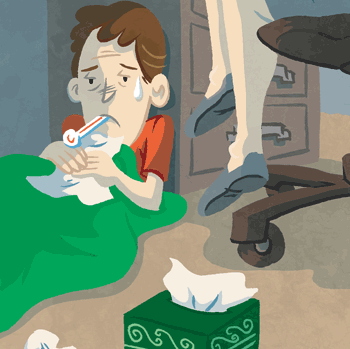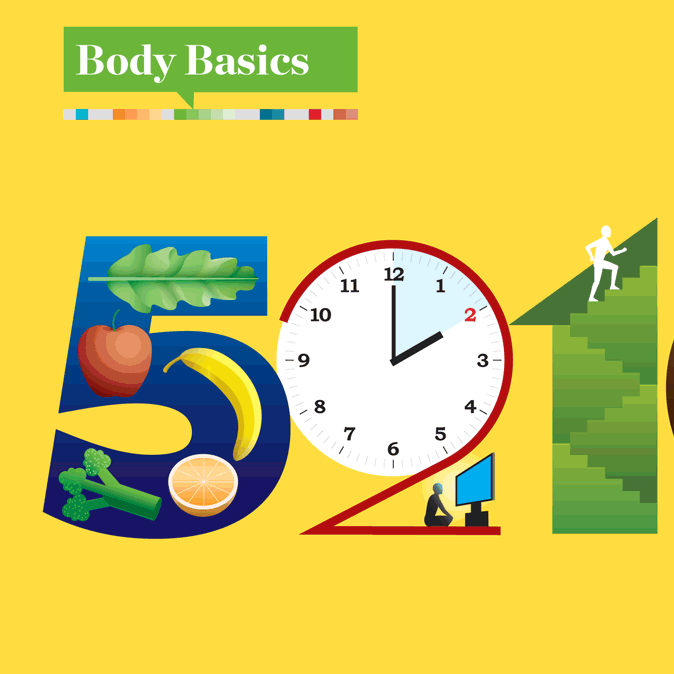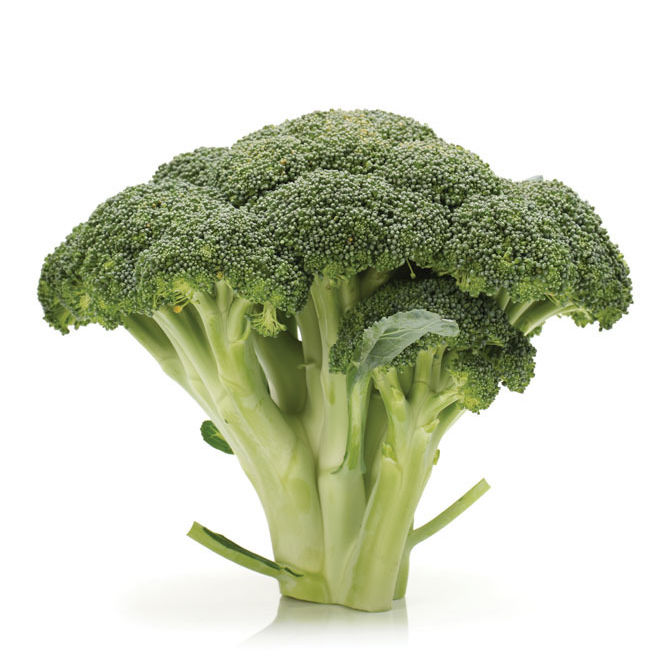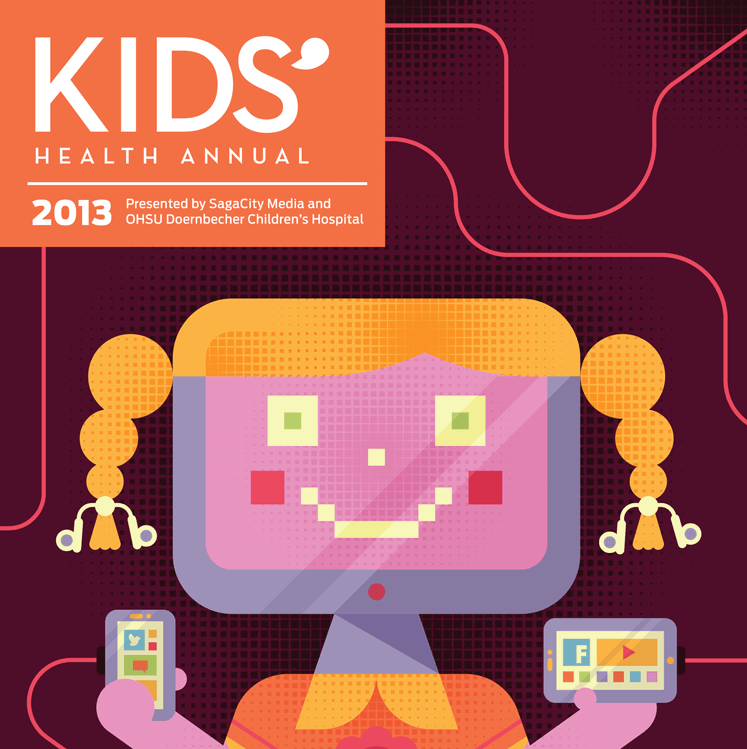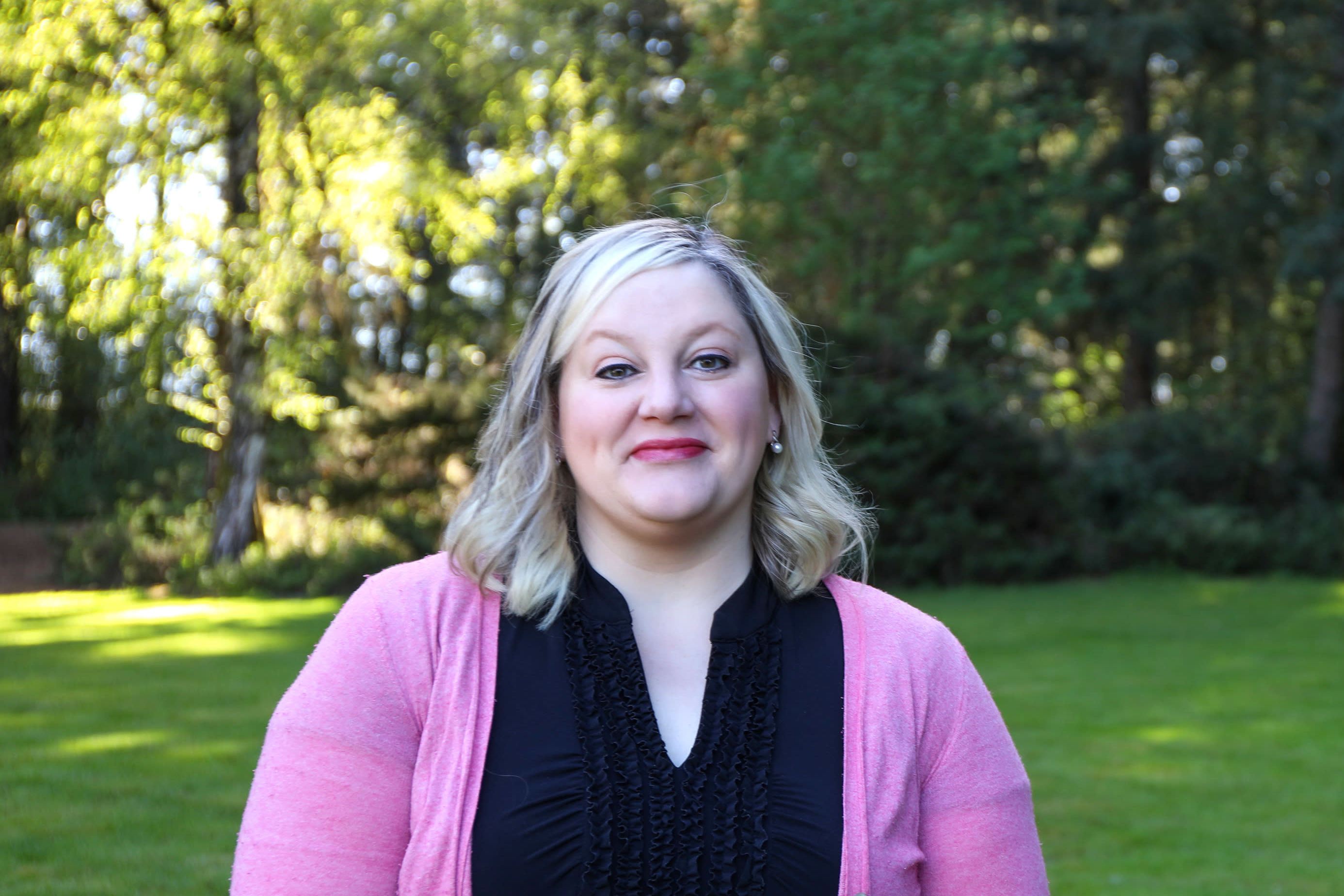Healthy Teeth, Healthy Tot
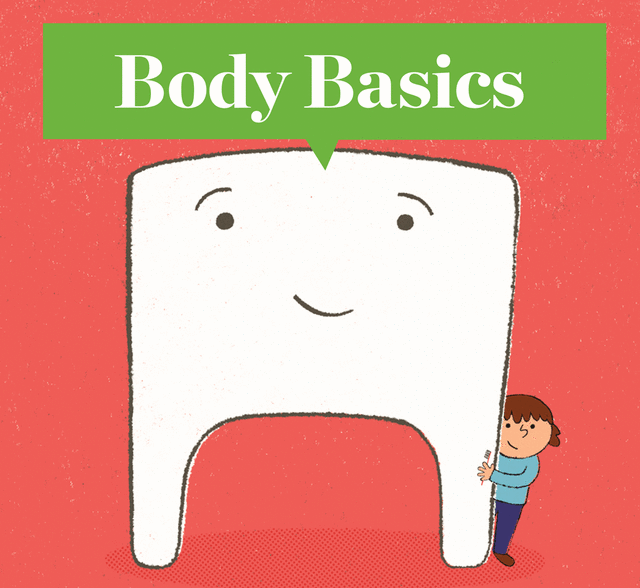
Image: Greg Pizzoli
Tooth decay is one of the biggest health issues our children face today,” says John Engle, a pediatric dentist and instructor at OHSU’s School of Dentistry, who frequently sees proof of the problem in his own dental chair. “But if we can get parents and families involved early on in developing healthy dental habits, the majority of these instances are entirely preventable.”
Given that the mouth is a gateway and barometer for the health of the whole body (recent studies have found possible links between gum disease and increased incidence of diabetes, heart disease, and, for pregnant women, complications such as low birth weight), Dr. Engle counsels parents to begin these habits long before the first baby tooth makes its appearance. From day one, gently wipe out your baby’s mouth with a soft piece of cloth or gauze, developing a familiar habit that will make it easier to introduce more complex routines later. When teeth begin to appear, gently wipe those as well, with cloth, gauze, or a store-bought teething brush.
By the time children are in elementary school, flossing should be incorporated into the routine. Kids will need help at first, but at what age should children begin brushing and flossing on their own? Dr. Engle argues against a “one size fits all” answer. “In the old days, they would say to hand them the toothbrush when their handwriting is legible,” he jokes. “But for some kids I know, this would mean heading to college with their parents still brushing their teeth.” He advises parents to pass on the responsibilities slowly, monitoring children carefully for as long as it takes to develop diligent teeth-cleaning habits of their own.
In the old days, they would say to hand them the toothbrush when their handwriting is legible.
The importance of regular brushing and flossing can’t be overstated, but dietary choices have a profound impact on dental health, too. Infants who are put down to sleep with bottles develop tooth decay at a higher rate than those who aren’t, as do young children who snack often. “Obviously, carrots are better than gummy bears, but their teeth need a break between snack sessions regardless of what they’re eating,” Dr. Engle says.
Before he sends them home, Dr. Engle has more than just flossing techniques to pass along to his young patients: “Brush your teeth, clean your room, quit fighting with your sister, and be nice to your parents,” he advises. “That’s really all you need to know.”
If your child needs to be evaluated for gum disease,
talk with your dentist or pediatrician.
